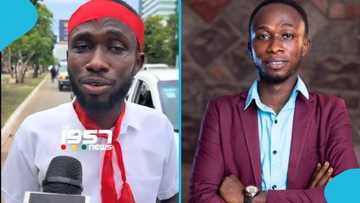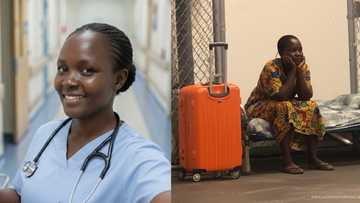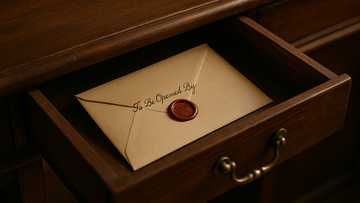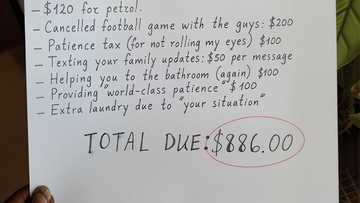The first time I saw Noah, a caretaker was scolding him for spilling juice on the floor. “You’re too much trouble,” she murmured, yanking the cup from his grasp. Noah’s cheeks burned hot, and his small fingers trembled as he attempted to wipe the mess with his blanket.
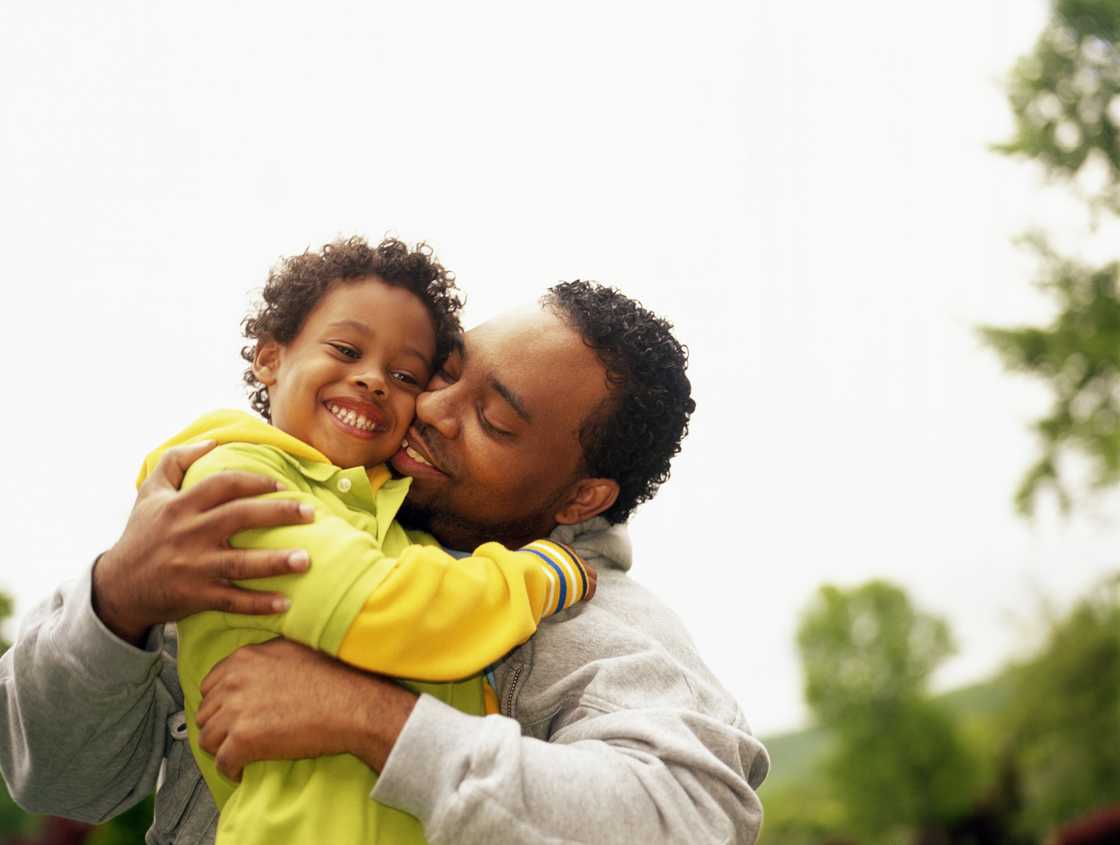
Source: Getty Images
I froze at the doorway, fury swelling in my chest. He wasn’t trouble; he was just a little boy who needed gentleness.
When the carer caught me staring, she sighed. “Do not get the wrong idea. He has Down Syndrome. He needs more than most people can offer. Honestly, we stopped trying too hard because no one ever chooses him anyway.”
Something inside of me broke. I wasn’t rich or even stable. I was a single man living pay cheque to pay cheque. But when I looked at Noah, I saw myself—a soul cast aside, waiting for someone to eventually say, “You matter.”
Noah then raised his big, wide eyes to mine. For the first time that day, he smiled. At that point, I knew I couldn’t walk away, no matter what the carer said.
Little did I know that picking him—the kid everyone else turned down—would one day lead to a twist of fate I could never have imagined.
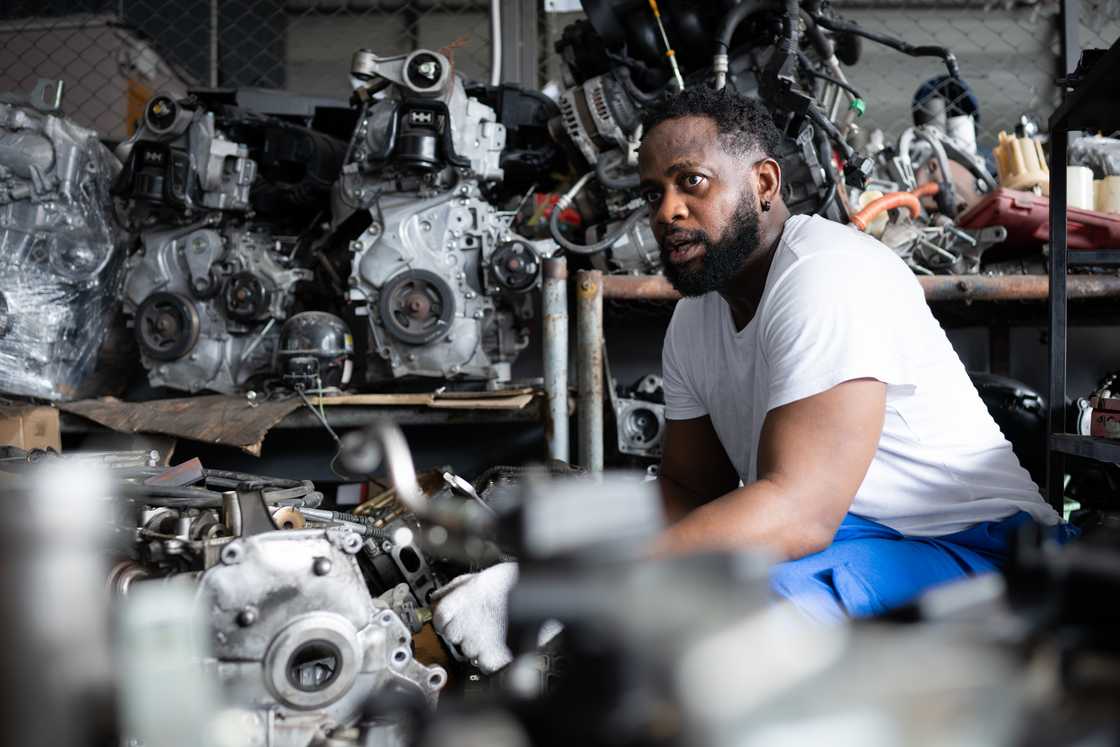
Source: Getty Images
My name is Michael Turner. At thirty-five, all I had to my name was a small one-bedroom apartment, a beat-up truck, and a mechanic job that barely paid the bills.
My marriage had ended two years earlier when my wife, Julia, decided that a man without money and potential was not worth her time. She left me with nothing but debts and regrets.
My family wasn’t of much assistance, either. My parents were deceased, and my only brother, Gabriel, lived far away with his own life to deal with. Most nights, I got home from work, ate microwaved noodles, and stared at the flaking paint on my walls. I felt invisible.
Around this time, I started volunteering at a local foster home. I didn’t go there to adopt or even dream about children; I went because I was lonely. Fixing their old vans, mending bicycles, and occasionally reading stories to the children gave me a sense of purpose I hadn’t experienced in years.
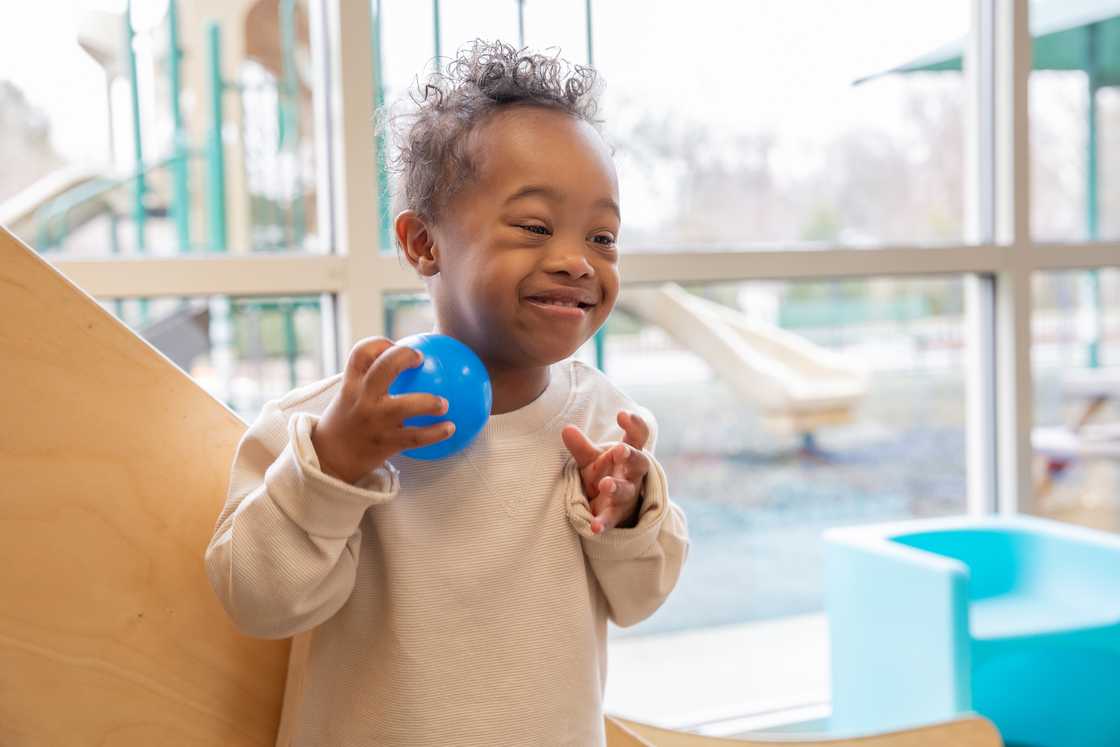
Source: Getty Images
And that’s where I first saw Noah. He was five years old, with beautiful curly hair, chubby cheeks, and a smile that could melt ice—when he dared to smile.
However, his file was full of rejection slips. Families had expressed interest before but backed out when they realised the extreme challenges of raising a child with Down syndrome.
The caretaker gently told me, “Michael, children like Noah… demand a lot of care. Most people don’t want that responsibility. Are you certain you’d ever consider it?”
That question tormented me. For weeks, I stayed awake at night thinking about Noah. I knew I wasn’t “qualified” to become a father. I was divorced, broke, and barely keeping it together. But I also understood what it felt like to be unwanted: to feel like a burden.

Read also
My Mother-in-Law Sneaked Into My Room While I was in Labour and Revealed My Secret to Her Son
Against all rationality and the warnings of friends, I began the adoption process. People called me reckless. My colleagues laughed: “Mike, you can’t even afford yourself. How will you raise a child with special needs?”
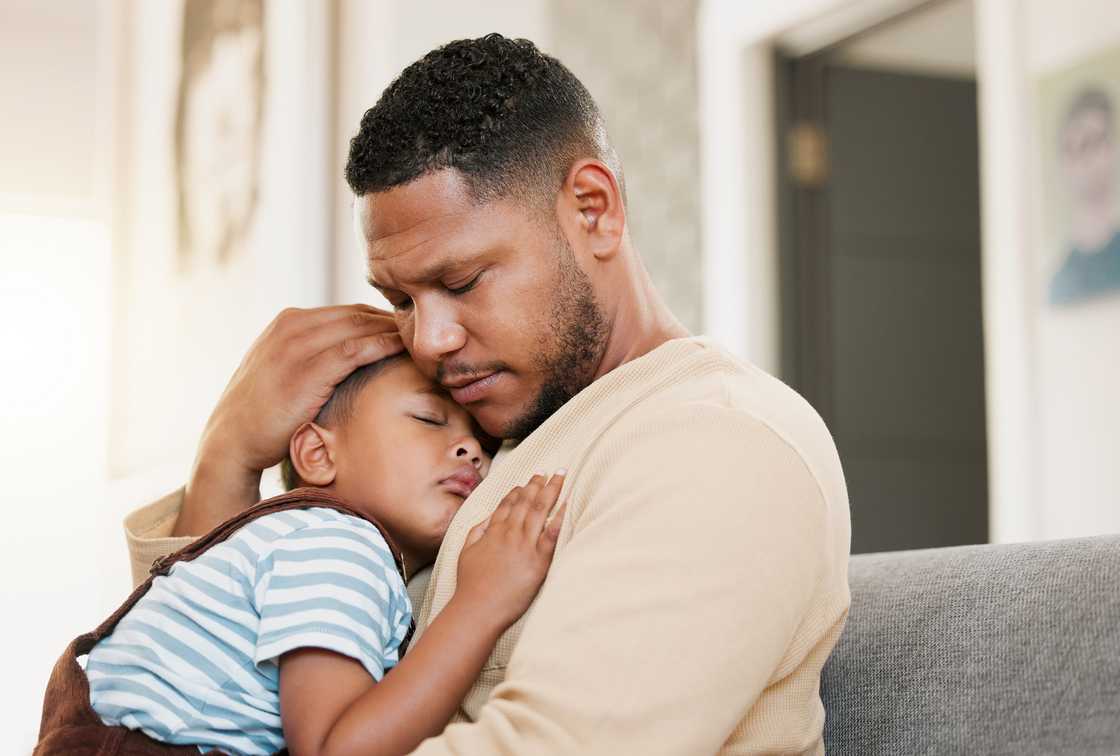
Source: Getty Images
But I’d made up my mind. Noah needed a father, which would be my reason for living.
When Noah came home with me, my flat suddenly felt more lively. However, it also felt overwhelming. He clung to his blanket, refused to eat much, and sobbed for hours each night. I would sit on the floor with him and hold him until he fell asleep.
The first time he looked at me and murmured, “Daddy,” I cried harder than ever.
Raising him wasn’t easy. His medical needs were constant— doctor appointments, therapy sessions, and special classes.
My pay cheque vanished faster than I could earn it. I worked long shifts at the garage and then took on odd jobs at night—repairing appliances, delivering groceries, anything to put food on the table. There were days I went without eating so Noah could have his favourite cereal.
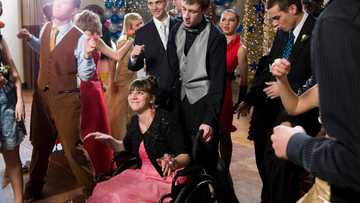
Read also
Dad Takes Disabled Daughter to Prom, Finds $10K Check for ‘Dad of the Year’ in Mailbox Later
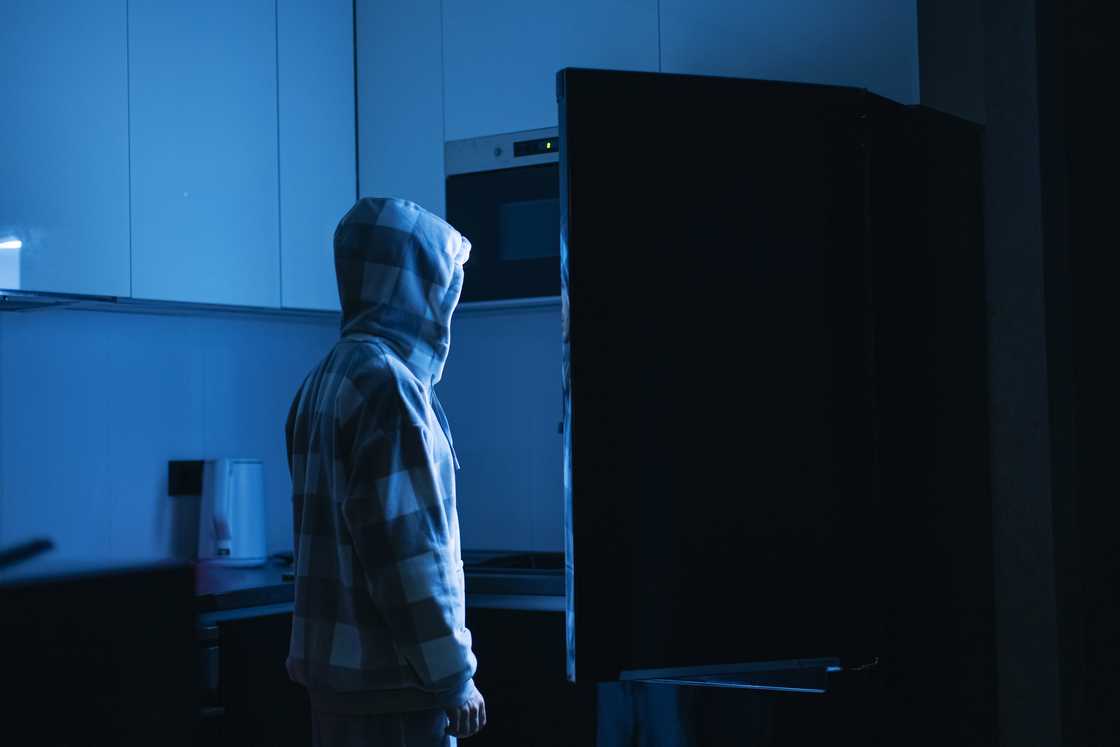
Source: Getty Images
After paying hospital bills one night, I opened my refrigerator to find only half a ketchup bottle. My stomach growled, but when I saw Noah sleeping peacefully, I told myself, “This is worth it. He is worth it.”
People outside of our little world were not always kind. Noah was constantly bullied at school.
One boy mocked Noah’s speech, and he returned home in tears. “They said I’m abnormal, Daddy,” he sobbed. I knelt before him, clasped his small hands, and told him softly, “You are not abnormal, son. You are my miracle.”
But deep inside, I questioned whether I was enough for him. Could I keep him safe from a world that saw only his limitations?
The lowest point occurred when Noah contracted pneumonia. I took him to the hospital, my heart pounding. As he lay in the hospital bed, attached to machines, I begged God not to take him away from me.
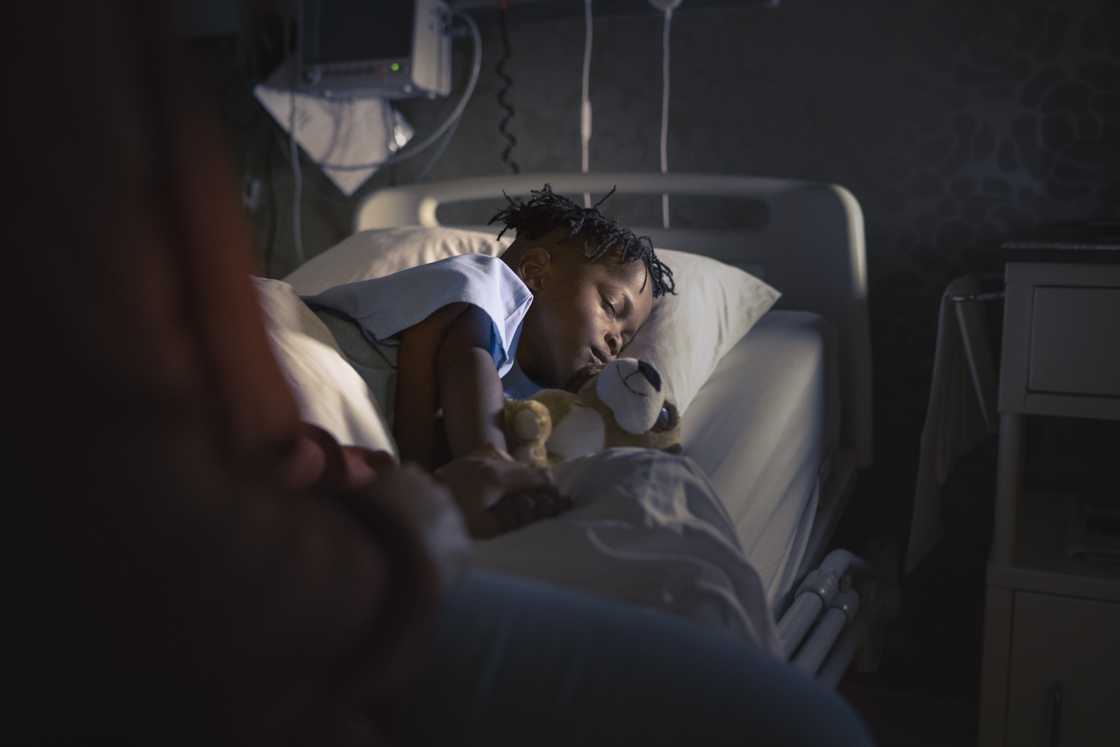
Source: Getty Images
After several days of fighting, he finally gave me a feeble smile, and I knew every sacrifice had been worthwhile. I realised that love was not measured in money or ease, but in the moments when you would give your last breath to see someone smile again.
Life continued to present its challenges. Each month brought its own set of struggles. But through the poverty, the exhaustion, and the uncertainties, Noah gave me something invaluable: a sense of purpose.
When Noah turned twelve, we received a letter that changed everything.
I almost threw away the envelope when I first picked it up. It was a thick cream paper with no return address, usually a sign of a scam. But then I saw the embossed legal seal in the corner: a golden crest gleaming under the kitchen light, its edges crisp on my touch.
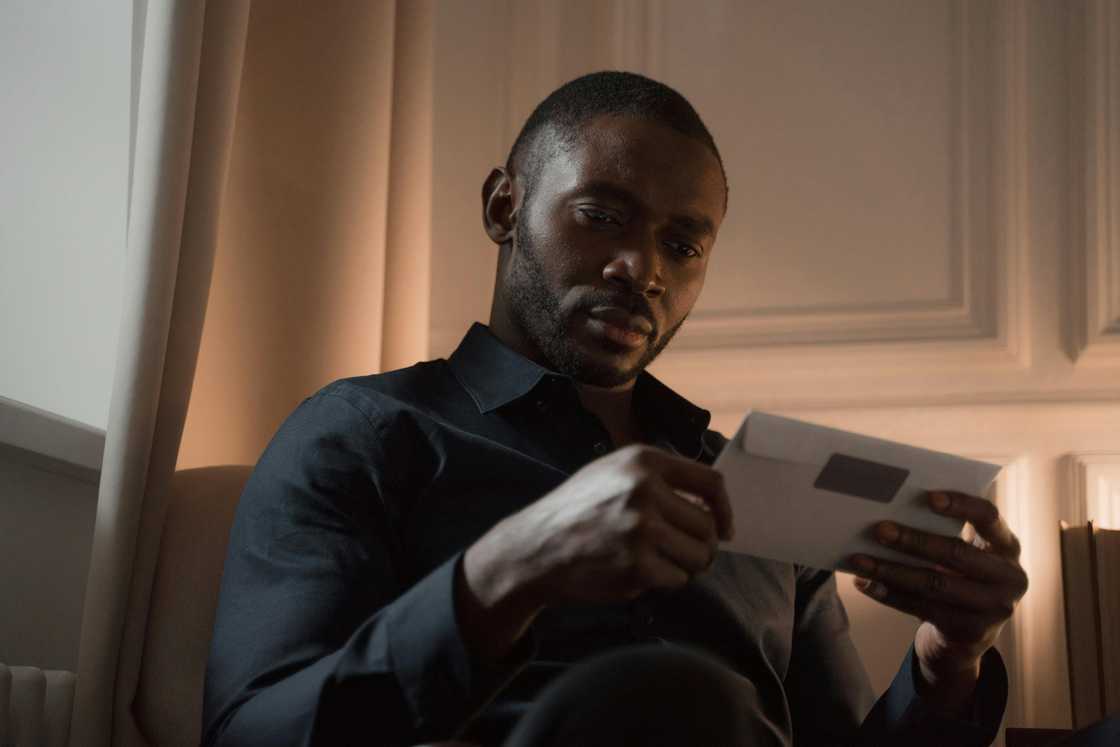
Source: UGC
The letter revealed that my son’s biological grandfather, whom he had never met, had died recently. The man was wealthy, boasting millions in property and investments. In his will, he left Noah an inheritance of $1.2 million.

Read also
I Sold My House for My Granddaughter’s Dream Wedding, and She Banned Me, So I Left a Shocking Gift
I sat there, shocked, reading the words over and over. My son—the boy everyone else had turned down, the child labeled “too much”—was the only heir.
But it wasn’t the end of the shock. According to the letter, my son’s mother gave him up not because she didn’t love him but because her family made her do it.
The grandfather made her put him up for adoption because he was ashamed of having a grandchild with Down Syndrome. And yet, perhaps out of guilt—or love hidden beneath shame—he had left everything to the grandchild he never acknowledged.
I looked at my son as he concentrated on sketching, unaware of the hurricane that had just hit our lives.
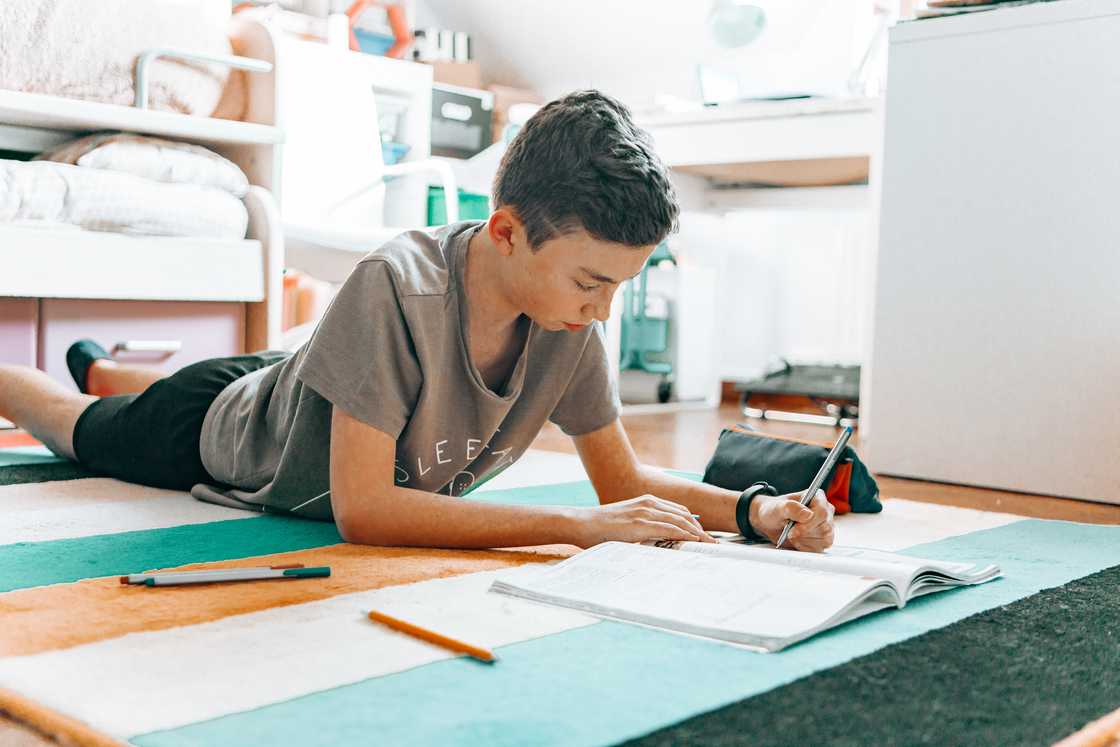
Source: Getty Images
The irony devastated me. The same family who abandoned him now, from beyond the dead, left him an inheritance.
But money couldn’t erase the years of loneliness he’d experienced. It couldn’t make up for the hugs and lullabies he’d missed.
When I told Noah, he didn’t grasp the seriousness of the situation. He just said, “Can we get a puppy now?” I smiled through tears and hugged him tightly. Here I was, concerned about finances, when my son’s greatest aspiration was to own a dog.
I realized that money had not changed him and would not change us. We’d lived in poverty for years, bound by love only. Yes, the inheritance was indeed a blessing, but it was not the foundation of our family.
For me, the twist was not the money but the lesson. Noah taught me that genuine riches are not measured in dollars but in love, resilience, and hope.

Source: Getty Images
The inheritance unlocked doors that I never imagined possible. I purchased a modest house with a garden where Noah could play, and we eventually got a golden retriever, Max—the puppy my son had desired for years.
I secured Noah’s medical expenses, paid off debts, and set up a trust fund to secure his future. But the rest? I used it to start something bigger: a foundation in Noah’s honour that provides resources to children with Down syndrome and their families.
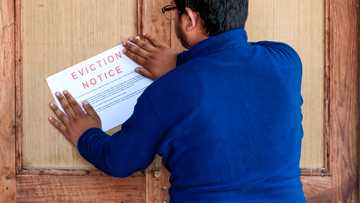
Read also
My Landlord Evicted Me for “Unpaid Rent” — Then I Discovered My Grandson Had Taken Every Penny I Gave Him
Noah thrived. With access to specialist programs, he began drawing and painting. His artwork was on display at a local gallery, and I stood there, tears streaming, as people applauded for the boy once described as “trouble.”
Money provided comfort, but it was never the reason we flourished. It only strengthened what we already had: a bond forged in unconditional love, laughter, and hardship.
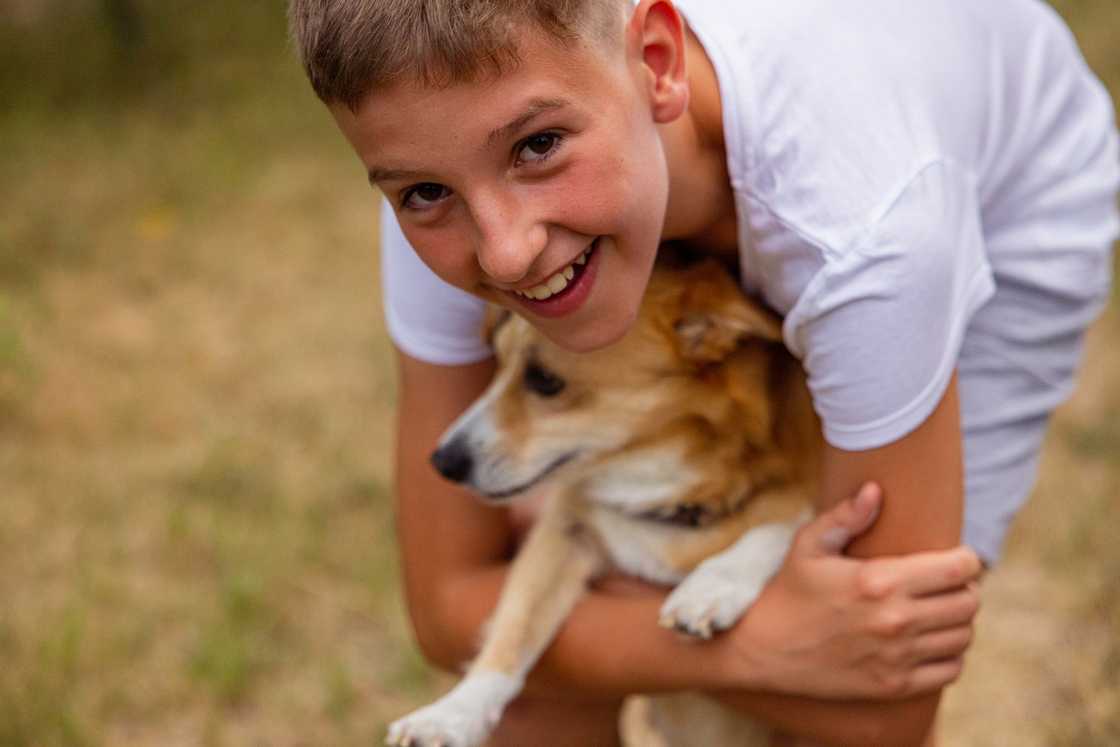
Source: Getty Images
Sometimes, when I sit in our backyard watching Noah and Max play, I think about the irony. I adopted him when I was broke, mocked, and warned I’d ruin my life. Instead, he became my greatest blessing and the reason I now have more than I could ever imagine.
Looking back, I’ve realized something simple yet profound: wealth does not change your life. Love does.
I did not adopt Noah for money and had no idea about it. I adopted him because no one else wanted to, and I couldn’t face the thought of another human soul being abandoned. In giving him a home, my heart was also mended.
The inheritance was a twist of fate, but it was never the true treasure. The true treasure was Noah himself—his innocence, humor, and perseverance. He taught me that love is the most valuable thing we can give each other, even amid hardships.
Life will constantly surprise us. Sometimes, people in society labeled as “burdens” are the ones who save us, lift us, and demonstrate what it means to live fully.
So I’ll leave you with this: do we measure a life by its challenges or the love it inspires?
This story is inspired by the real experiences of our readers. We believe that every story carries a lesson that can bring light to others. To protect everyone’s privacy, our editors may change names, locations, and certain details while keeping the heart of the story true. Images are for illustration only. If you’d like to share your own experience, please contact us via email.
Source: YEN.com.gh
Source: Yen.com.gh


